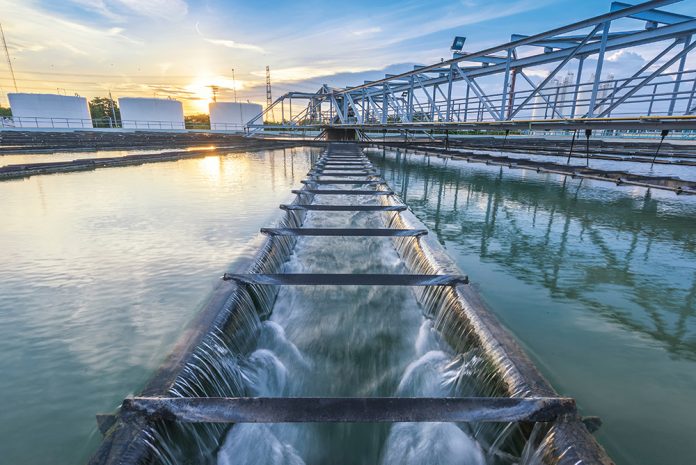In December 2020, the UK Government promised to transform public procurement for the better. Now, nearly three years on, we have the Procurement Act 2023 (the Act). But, with PR24, AMP8 readiness and the Strategic Resource Options programme already in play, will the Act really make life any simpler for the water sector going forward? Tom Dyer, Director – Strategic Procurement & Contract Advisory – at Aqua Consultants, investigates.
Key changes
The Act consolidates various procurement regulations (including the Utilities Contract Regulations 2016) into one place with the aim of simplifying the complex (and somewhat burdensome) procurement regime we’ve come to know in the UK. Consequently, the variety of procedures under the existing regulations will be replaced with just two; a ‘single stage open procedure’ and a ‘competitive flexible procedure’. However, this streamlined approach will sadly come at the administrative expense of water companies having to manage no less than fourteen types of notice requirements.
For suppliers who are SMEs, the Act imposes specific duties on water companies to not only consider the “lotting” structure but also seek to reduce barriers to entry for SMEs participating a procurement. This will include removing the requirement to provide accounts and insurances during the bidding process. Suppliers (particularly SMEs) will also benefit from a centralised digital platform which will store their details and track opportunities all under one roof.
For some types of contract, there will be a requirement for water companies to set, and publicly report on, key performance indicators. Suppliers may also be disbarred if mandatory or discretionary exclusion criteria are triggered.
Of course, there will be the new terminology to get used to. For example, ‘Most Economically Advantageous Tender’ (MEAT) will now be ‘Most Advantageous Tender’ (MAT) and ‘Selection Criteria’ will be ‘Conditions of Participation’.
Next steps
In short, there’s much more to come. In early 2024, secondary legislation will be introduced; a new National Procurement Policy Statement arrives in October 2024 and plenty of guidance and training materials to digest along the way.
To support with the upheaval, there will be a six-month “transition period” prior to the “go-live” date expected in October 2024. During this period, the Government will deliver a learning and development programme to relevant water company staff which includes:
- ‘Knowledge Drops’ (November 2023),
- ‘E-Learning’ (March 2024),
- ‘Deep-Dives’ (May 2024)
- ‘Communities of Practice’ (May 2024)
On the whole, any training required for the wider supply chain will need to be done at their own expense.
Recommendations
Time is now of the essence and with approximately ten months until the ‘go live’ date:
Water companies should…
- Identify who needs to undertake the relevant training.
- Audit their existing strategies, systems and procedures and identify what changes need to be made.
- Update their suite of tender documents to align with the Act and dovetail with their systems.
- Identify their procurement requirements for the next year (and beyond) and suitably plan for straddling the current and new regimes.
Suppliers should…
- Audit their strategies, systems and processes to identify any gaps/opportunities with the new regime.
- Update their suite of bid documents to align with the requirements of the new rules.
- Engage with their clients / key accounts to understand their timescales and transition plan.
Both water companies and suppliers should reach out for specialist support whilst there’s still time.
Conclusion
At first glance, the Government seems to have done a good job at simplifying the procurement landscape. But the Act couldn’t have come at worse time for the water sector as resources will undoubtedly be strained with all that is going on. Success will therefore depend on how water companies and their supply chain translate legislation into operation. In other words, the proof might not necessarily be in the (Christmas) pudding, but water companies and suppliers will certainly need help when the New Year arrives.
The full whitepaper can be accessed at
https://adlerallan.co/procregs



